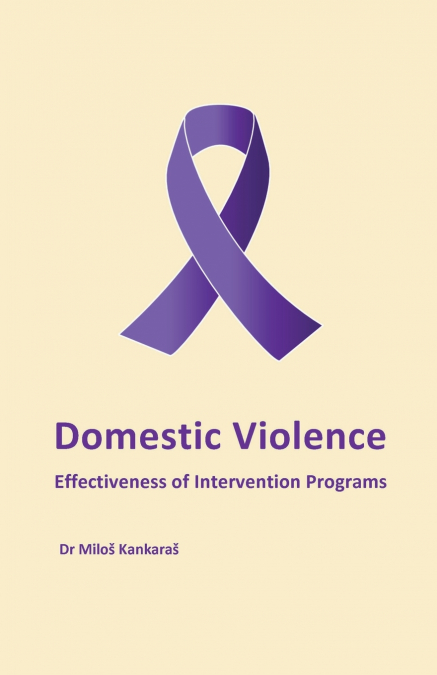
 Librería Perelló (Valencia)
Librería Perelló (Valencia)
 Librería Aciertas (Toledo)
Librería Aciertas (Toledo)
 Librería Elías (Asturias)
Librería Elías (Asturias)
 Donde los libros
Donde los libros
 El AlmaZen del Alquimista (Sevilla)
El AlmaZen del Alquimista (Sevilla)
 Librería Kolima (Madrid)
Librería Kolima (Madrid)
 Librería Proteo (Málaga)
Librería Proteo (Málaga)
Domestic violence was long ignored or underestimated policy topic. It was not until the last decade of the 20th century that most countries started focusing on this issue and introducing lawful protections against it in their legal systems. Increased attention to the problem resulted in a growing number of intervention programs aiming to prevent the occurrence or reoccurrence of various forms of domestic violence. Unfortunately, in the beginning, these interventions mainly relied on anecdotal accounts and untested assumptions. However, this is slowly changing in recent years, with an increasing number of programs using more robust empirical methods to evaluate their desired impacts.Without valid and reliable data on the effectiveness of domestic violence interventions, we will not be able to introduce positive change in this area. That is why this book focuses on examining and evaluating existing empirical evidence from around the world on the effectiveness of interventions in the field of domestic violence. In other words, we try to answer 'what works', i.e. what is known to be an effective intervention strategy against domestic violence, under which conditions, and for which outcomes.